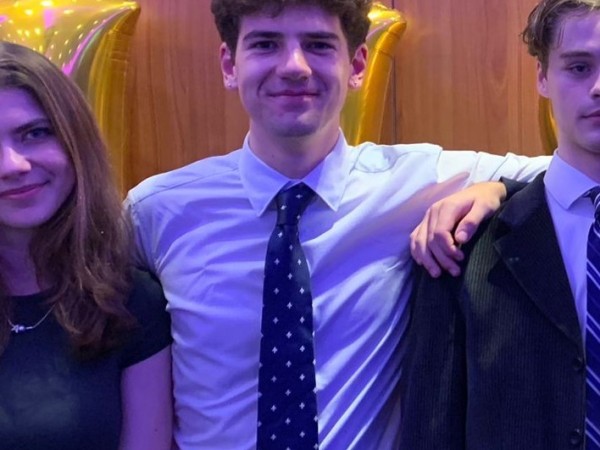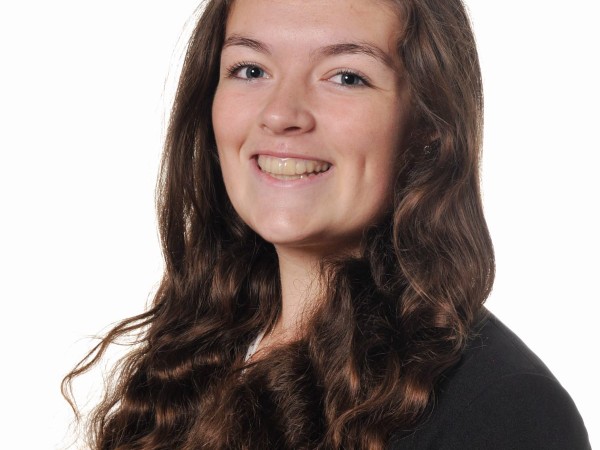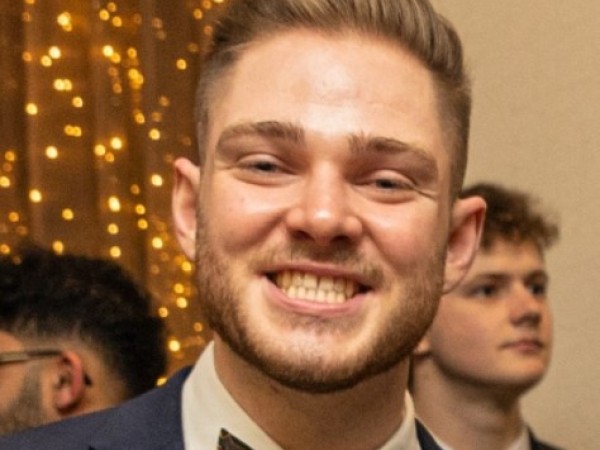
Anand Sahota
"Surrey helped my career by having the Professional Training placement experience on my CV. It was such a game-changer in interviews. Other candidates would reference university projects or modules, while I’d use real-world examples working on real projects. My placement helped me get ahead of the competition."
Course
Mathematics BSc (Hons)Graduation year
2012Placement company
MBDAChoosing Surrey
The option of a Professional Training placement and great employment statistics were two factors that drew me to Surrey. The BSc Mathematics course also featured a great range of module options in the second and third years.
The fact it was a campus university meant it had the atmosphere I wanted away from the big city, too.
Professional placement
During my placement, I worked for MBDA in Stevenage doing computer modelling of missiles for the defence industry.
My placement was great for two reasons:
1. I was introduced to the working world. Learning how to interact with colleagues, how to make your point heard, how to influence people, how to network and create working relationships were all key skills to develop.
2. I learnt what I didn’t want to do. Undertaking a professional placement gives you the ability to try something. And if you don’t like it, at least you know!
Choosing a career
Surrey helped my career by having the Professional Training placement experience on my CV. It was such a game-changer in interviews. Other candidates would reference university projects or modules, while I’d use real-world examples working on real projects. My placement helped me get ahead of the competition. It got me into so many good positions and, in the end, I had multiple offers from graduate schemes.
It also helped me confirm what I didn’t want to go into. I enjoyed my placement, but it made me realise I didn’t want to do coding, which was a useful thing to know.
My career
I joined the NatWest Graduate Scheme straight out of university in 2012. It was great and I’ve stayed at NatWest since. The two-year scheme consisted of a series of placement rotations, learning key areas of the business in preparation for a future leadership role.
After working in London and Birmingham, I completed the scheme and I took a permanent role in Digital Innovation. This was a fairly new team and my job was to design new strategies and technology capabilities to help customers open current accounts or arrange loans and mortgages more easily.
I designed a range of innovative solutions. NatWest was the first bank to use virtual signatures and facial recognition to allow customers to open accounts using a selfie. This seems normal today, but it was cutting edge five years ago.
After a few promotions, I moved on to managing the strategy for the NatWest Mobile App. This is used by more than seven million customers. My job is to evaluate new ideas for features that people want in the app. I decide what we should be building by evaluating the credibility, cost, benefit and how well it will be received by customers. I’ve been doing this role for three years and I love it.
What’s your advice for students hoping to work in your profession?
Everything is becoming digital and every job involves understanding technology skills. Coding is great, but you need to understand logic and how technology works. So grab a raspberry Pi and make a basic app to show employers that you can.
I’m not overly tech-savvy, but these skills are the difference between a good job candidate and a great one.
What’s your advice to help students make the most of their time at Surrey?
Put a lot of effort into getting a good placement. Go to a big company if you can, so you can see how it works and meet as many people as possible. Apply for as many schemes as you humanly can. They don’t just fall into your lap, so the more you apply for, the more the odds will be in your favour.
Join all the clubs and societies that you can, too. Meeting different people is the best bit of university life and it’s the thing you’ll enjoy the most.


